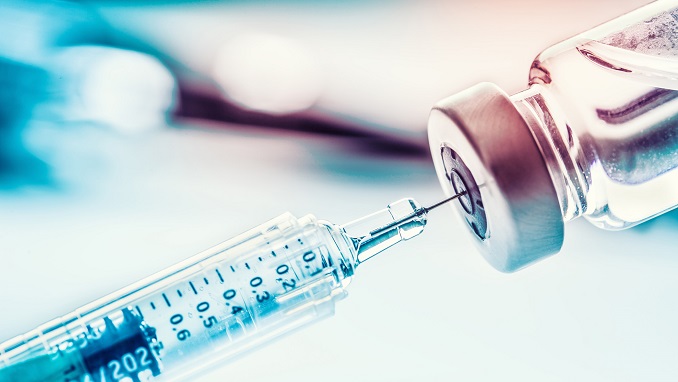Contracting the novel coronavirus is possible between the first and second injections of the anti-coronavirus vaccine as immunity develops on the 21st day after the first jab on average, becoming stable three weeks after the second shot, the director of the Gamaleya National Research Center of Epidemiology and Microbiology (developer of the Sputnik V vaccine), Alexander Gintsburg, said in the wake of reports that a group of medics in Tomsk had been infected after vaccination.
“Vaccination against the novel coronavirus infection with the vaccine Sputnik V is done in two stages. Human body begins to develop immunity after the first injection, but a stable immunity against the novel coronavirus emerges about three weeks after the second shot, which is administered on the 21st day after the first one. During the period between the injections it is possible to contract the infection, while the vaccine Sputnik V proper can by no means be a source of the infection, because it does not contain the coronavirus,” Gintsburg said, as reported by TASS.
He stressed that the immunity that begins to develop after the first shot enables patients to experience a milder form of the disease. “Until stable immunity has been developed all those vaccinated with Sputnik V must take precautions recommended by the authorities,” Gintsburg added.
Earlier, the anti-coronavirus task force in the Tomsk Region said five out of the 42 medics vaccinated against COVID-19 in the region, tested positive for the novel coronavirus infection. All of them feel well. Three either lack any clinical manifestations of the disease or experience the mild form. The condition of two is moderate.
To date, 1,991,998 coronavirus cases have been confirmed in Russia, with 1,501,083 patients having recovered from the disease. Russia’s latest data indicates 34,387 fatalities nationwide. Earlier, the Russian government set up an Internet hotline to keep the public updated on the coronavirus situation.












